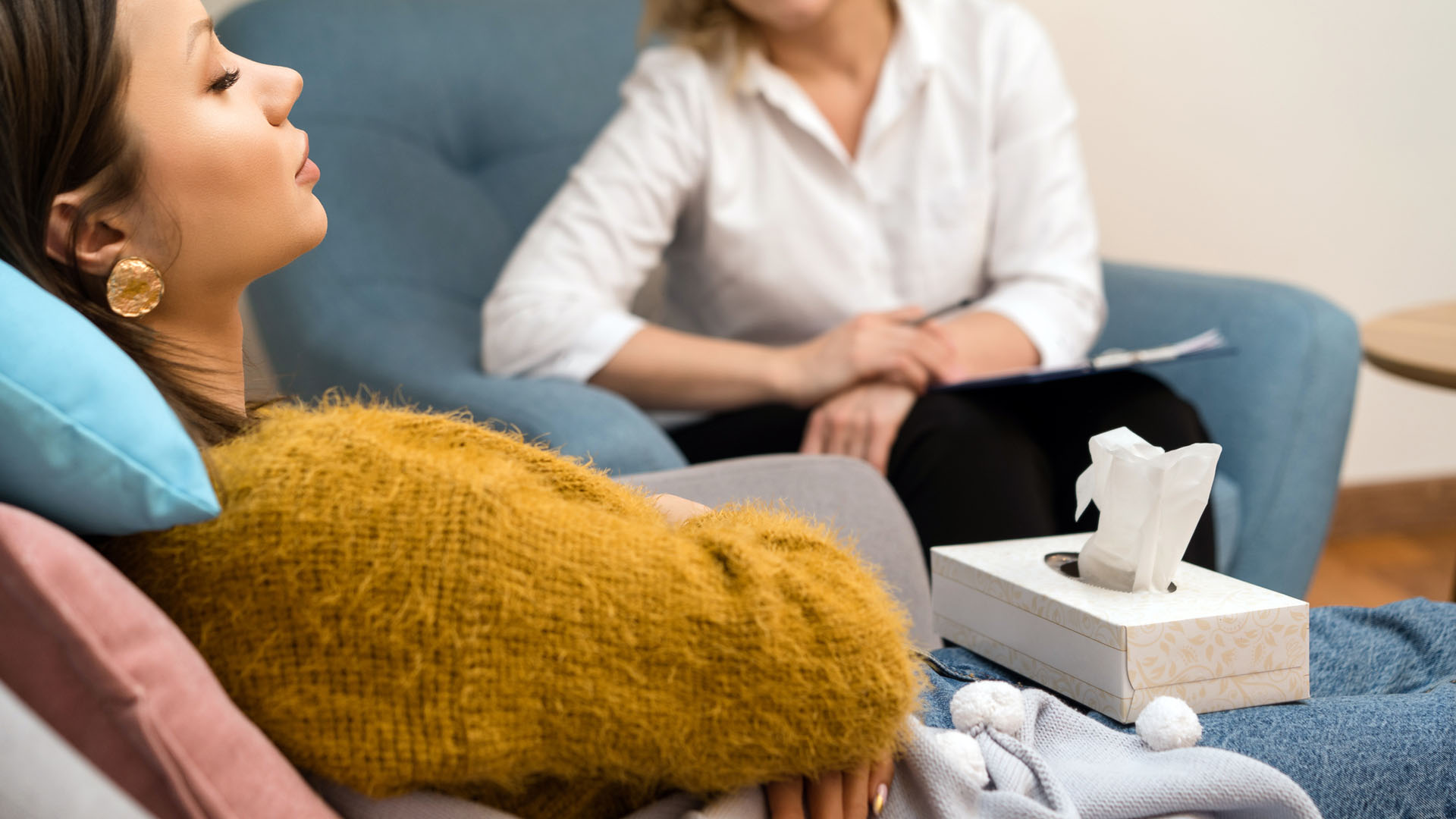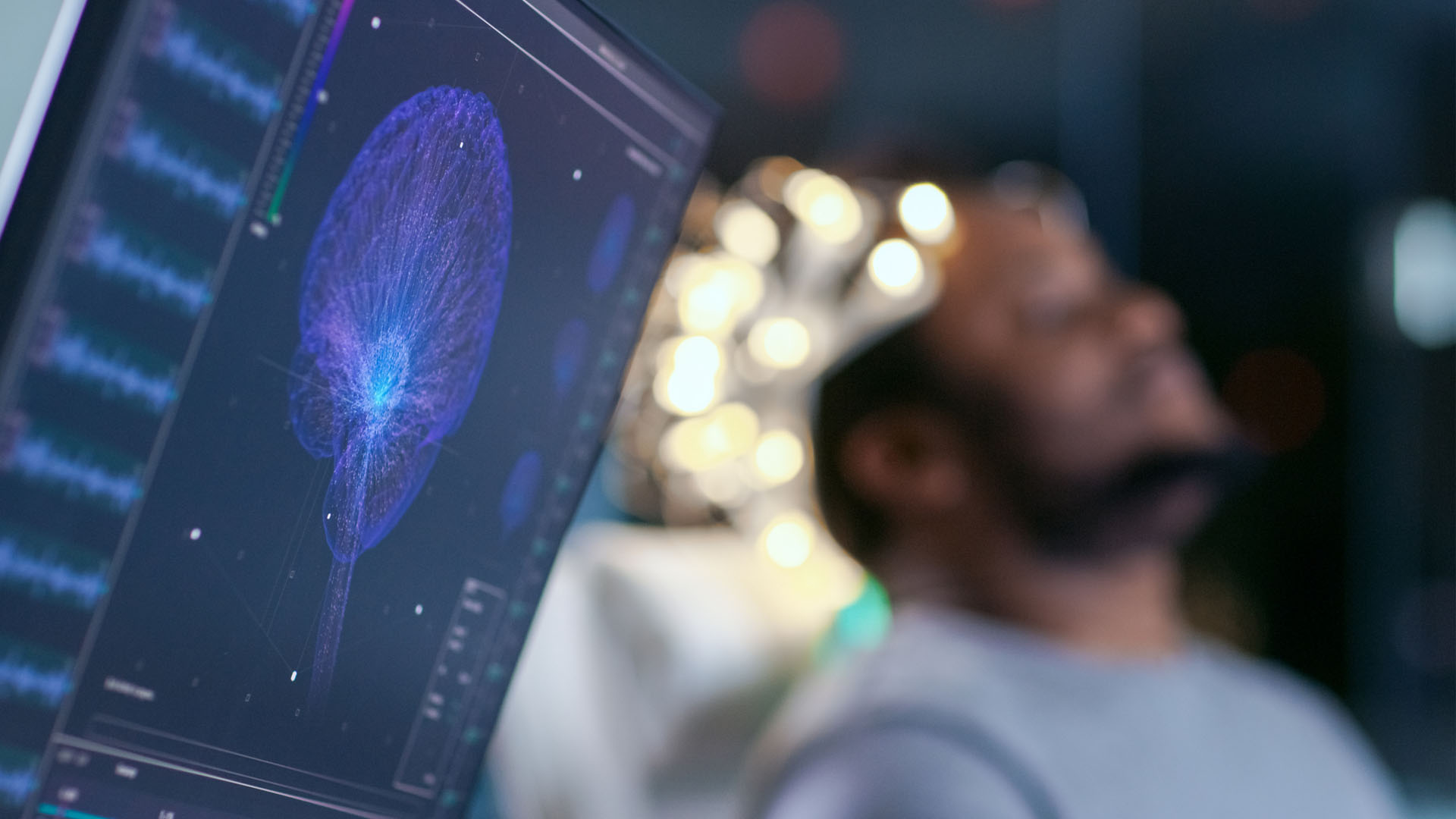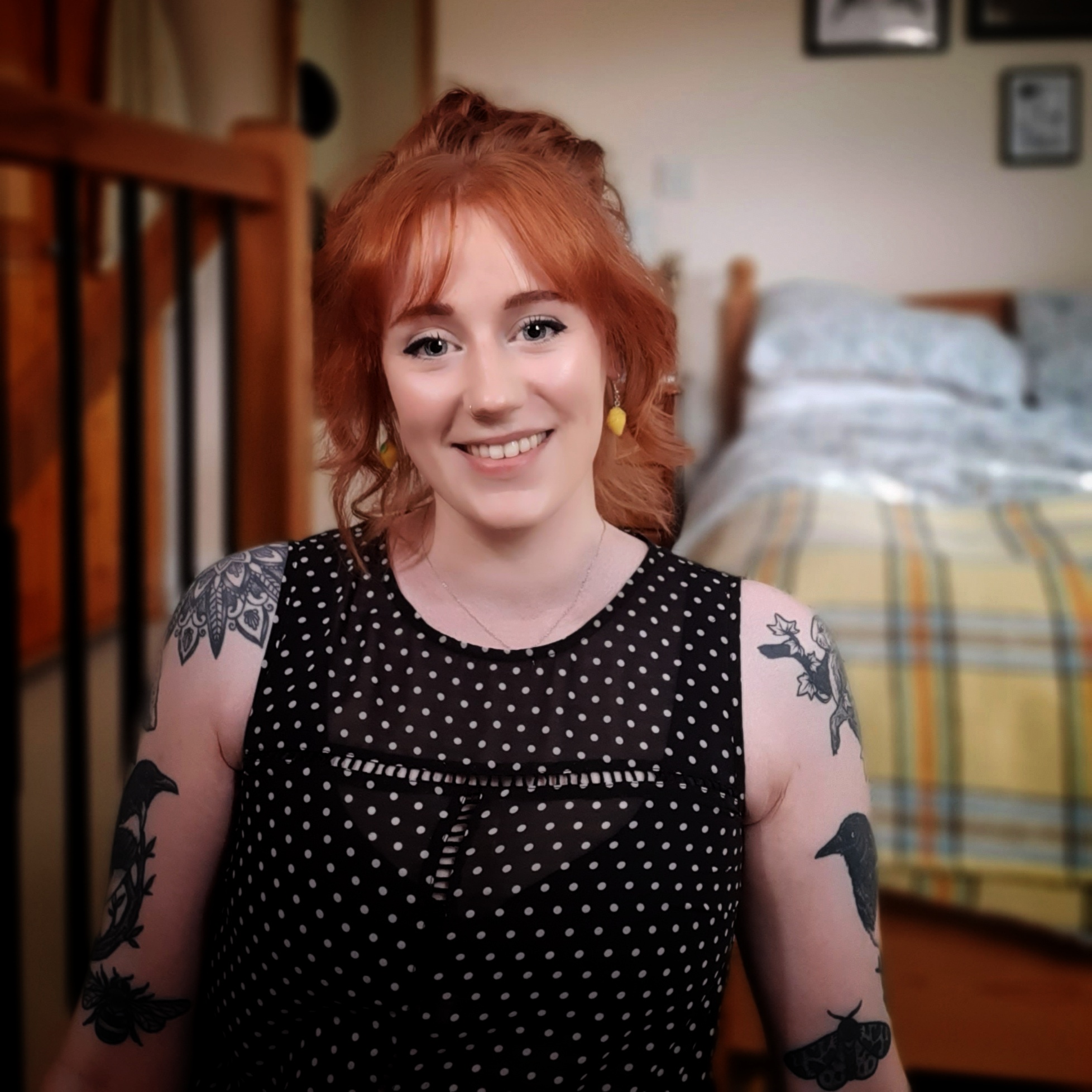What is sleep hypnosis and does it really work?
Sleep hypnosis could be a potential therapy for sleep disorders, but more research is needed.

The word hypnosis may conjure up images of a mysterious stranger swinging a pocket watch, but it is a form of psychotherapy that allows for a changed state of awareness, according to the Mayo Clinic. Some practitioners use it to treat mental health conditions, sleep issues and pain, or to tackle unhealthy habits such as smoking and overeating.
The aim of sleep hypnosis is to address the negative thoughts and emotions that can disrupt good sleep. However, although some studies have shown positive effects, there is not yet enough research to support its use as a treatment of choice, Maja Schaedel, a clinical psychologist and sleep specialist at Guy's & St Thomas' NHS Foundation Trust, and co-founder of The Good Sleep Clinic, told Live Science. Below, we take a closer look at the available research for sleep hypnosis to see how it stacks up.
How does sleep hypnosis work?
In order to encourage a patient to enter the state of hypnosis, a practitioner will encourage the person to enter a calm state by speaking in a soothing voice and invoking relaxing images. Breathing exercises are often used to keep the patient focused and avoid distraction. According to the Mayo Clinic, once the patient is calm, the practitioner will help them to visualize meaningful mental images to help them achieve their goals.
A person who is hypnotized will enter a state of heightened attention and suggestibility, leaving them open to suggested behavior changes or methods to help cope with pain or anxiety, according to the Mayo Clinic.
Does sleep hypnosis really work?
Some research suggests that sleep hypnosis may prolong the amount of time spent in slow wave sleep — also known as deep sleep — helping to improve sleep quality. In a 2014 study in the journal Sleep, participants listened to an auditory text with hypnotic suggestions or a control tape before napping for 90 minutes while high-density electroencephalography (EEG) was recorded. The researchers found that sleep hypnosis increased slow-wave brain waves by as much as 80%. Participants' night-time awakenings were reduced by around 30%, [while] those less susceptible to hypnosis did not show any significant change. The authors concluded that those who are susceptible to hypnosis experienced deeper and better quality sleep after a sleep hypnotherapy session. But the intervention was less effective in older individuals, as it "markedly declines across the lifespan," the researchers wrote in the study.

However, according to a report from Stanford Medicine, only 10% of the U.S. population are susceptible to hypnosis, with others less able to enter the hypnotic state. More in-depth research needs to be carried out into exactly what makes some people more susceptible than others, but a 2015 paper in the journal Neuroimaging found that highly hypnotizable subjects had more activity in the right inferior frontal gyrus area of their brain, a region associated with motor inhibition and imagery, as well as social cognitive processes or speech functions,, than those with low susceptibility. The study found neurological evidence that higher flexibility in attention and a greater ability to dissociate was present in the highly hypnotizable, too.
A 2018 review in the Journal of Clinical Sleep Medicine also suggests that hypnosis for sleep problems could be a promising treatment. Overall, 58.3% of the 24 included studies reported benefits of hypnosis on sleep outcomes, with 12.5% reporting mixed results and 29.2% reporting no benefit. However, the studies included in the review were small and used low-quality methods that made it hard to identify the effects of sleep hypnosis on sleep quality or duration.
Get the world’s most fascinating discoveries delivered straight to your inbox.
Sleep hypnosis and parasomnia
Sleep hypnosis has also been tested on parasomnias, or disruptive sleep disorders such as night terrors, sleepwalking and sleep paralysis.
A 2007 study in the Journal of Clinical Sleep Medicine tested the effectiveness of treating these parasomnias with hypnotherapy. Thirty-six participants underwent a hypnotic session with a trained professional before going home with an audio tape to do their own hypnosis session once a day for two weeks. They were then followed up with at one month, 18 month and five-year intervals.
One month after their hypnotherapy session, almost 50% showed either no parasomnia or a marked improvement; 42.2% were still much improved at 18 months; and 40.5% at five years. Eight patients were not able to be hypnotized.
This article is for informational purposes only and is not meant to offer medical advice.

Lou Mudge is a health writer based in Bath, United Kingdom for Future PLC. She holds an undergraduate degree in creative writing from Bath Spa University, and her work has appeared in Live Science, Tom's Guide, Fit & Well, Coach, T3, and Tech Radar, among others. She regularly writes about health and fitness-related topics such as air quality, gut health, diet and nutrition and the impacts these things have on our lives.
She has worked for the University of Bath on a chemistry research project and produced a short book in collaboration with the department of education at Bath Spa University.
 Live Science Plus
Live Science Plus





